
A medical worker takes a swab sample from a citizen for nucleic acid test at a testing site in Dongli district in North China's Tianjin, Jan 15, 2022. (Photo/Xinhua)
The World Health Organization has denied claims that some countries implementing strict COVID-19 measures-such as a "zero-COVID policy"-have created higher risks for their population while some others have given up their fight against the highly transmissible Omicron variant.
Mike Ryan, executive director of the WHO Health Emergencies Programme, said on Tuesday that the starting conditions of the pandemic set the opportunities that the countries had.
Many Asian countries took aggressive measures at the very beginning to keep their numbers very low, he said, so it was possible for them to implement a zero-COVID policy, while many countries with high and extensive transmission found it very difficult to take such an approach.
On the claims that countries with the approach are now at risk, Ryan said that he would rather be in the situation of such countries, citing South Korea, which has implemented strict measures, and has low infections, a high vaccination rate and a death toll of 6,300 from the virus over the past two years.
"I want to be in that group if I am a country," Ryan said at a news conference in reply to a question from China Daily.
Ryan added that if that means an increased risk because of the many susceptible people that haven't been vaccinated, he would endeavor to rectify that situation and plug the gap.
"I would much rather be in a situation where the vast majority of my population had never got COVID-19, has now got a high level of vaccine protection, and may have a slightly higher risk now because we didn't have massive COVID-19 over the last two years," he said.
Ryan noted that the zero-COVID policy has not been implemented in many countries because they realized that it's impossible to get to zero unless the whole world does.
He said that this approach has been used to suppress the virus, protect the population with vaccinations, conduct very intensive surveillance, and has a very flexible system of public health and social measures and a dynamic flexible response aimed at keeping the situation to the minimum and the health system free of severe diseases. This approach also uses vaccination to fill the immunology gaps among the population.
"If that's the zero-COVID policy, it has my full support," he said.








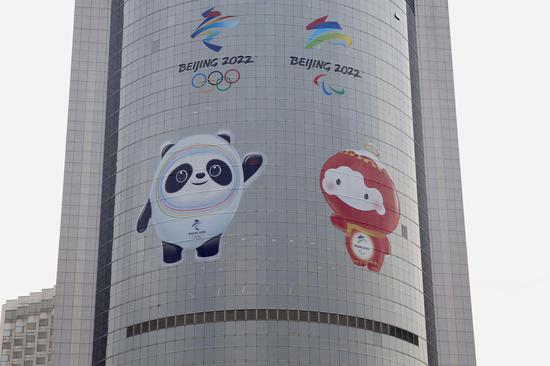

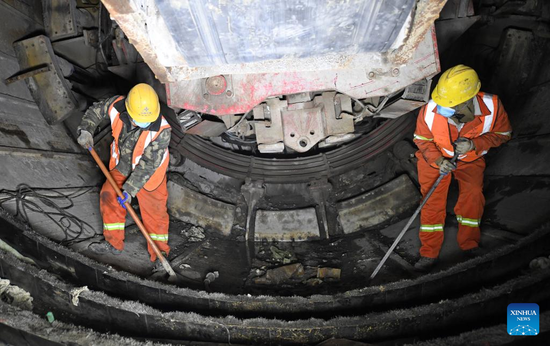



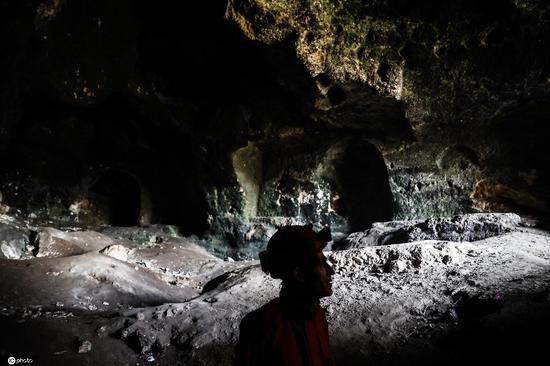

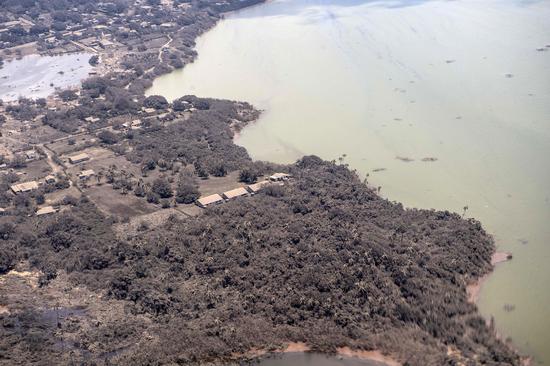

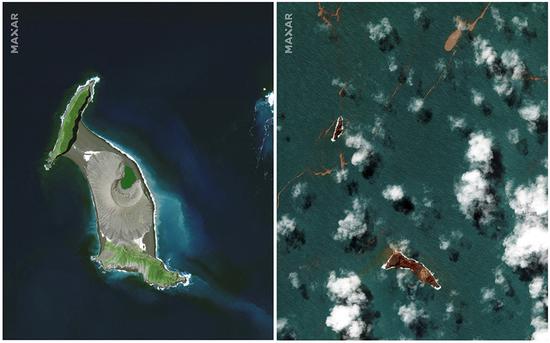


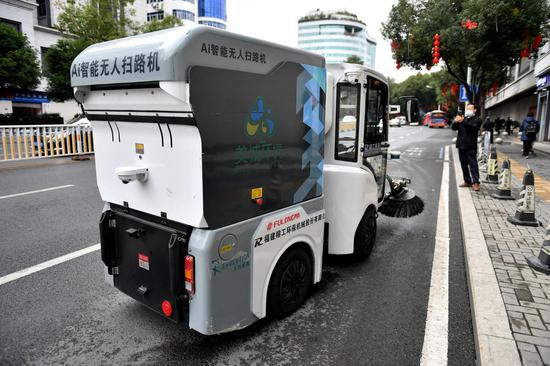

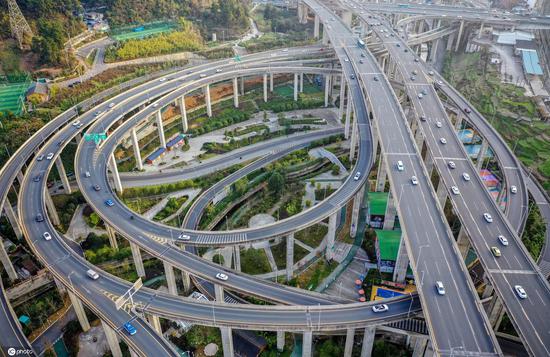




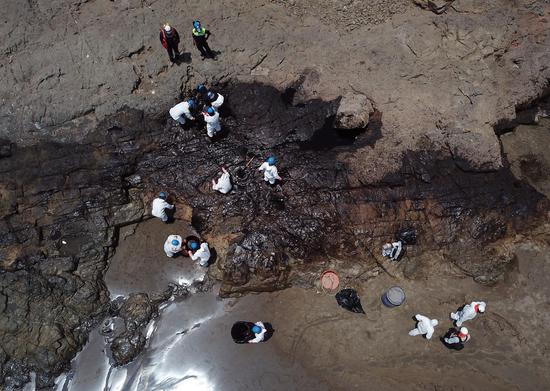
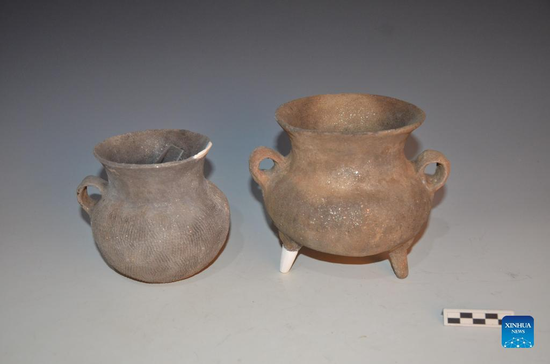
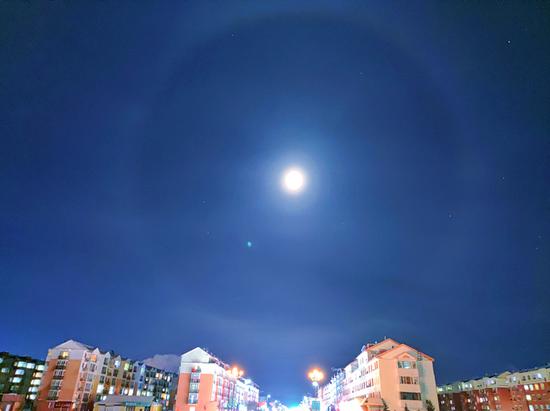

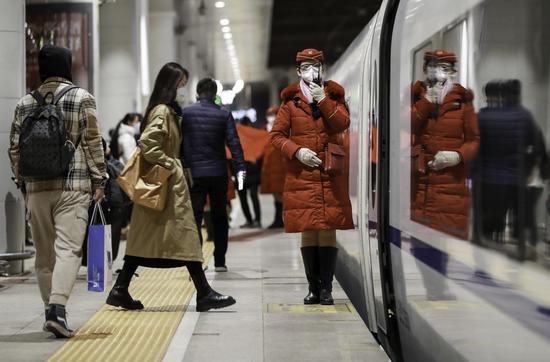


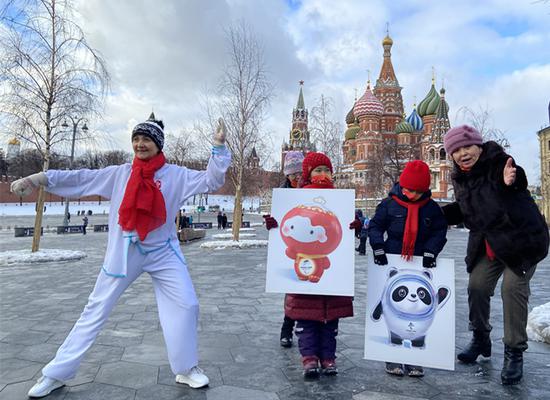
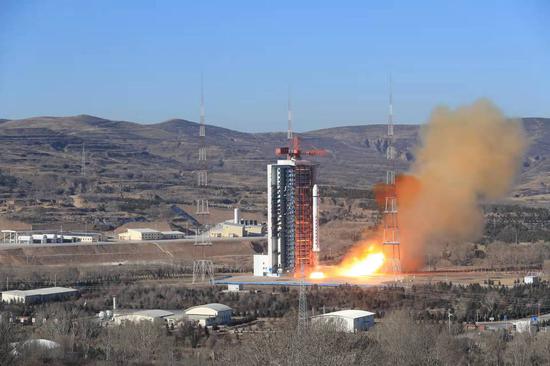

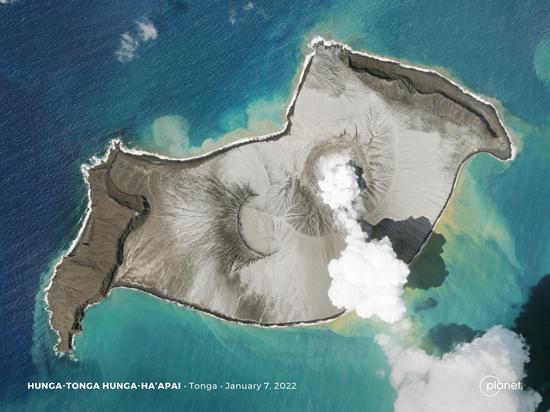
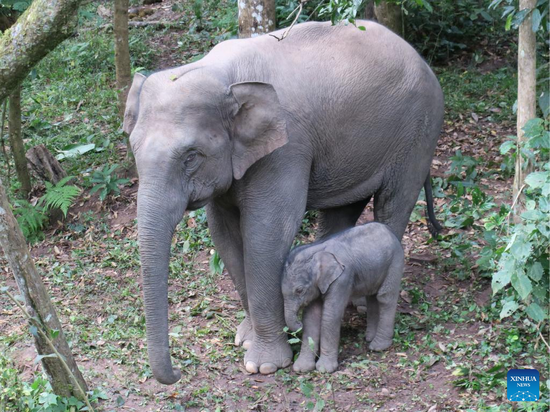
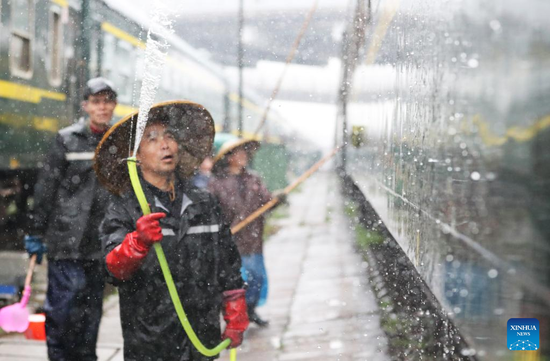

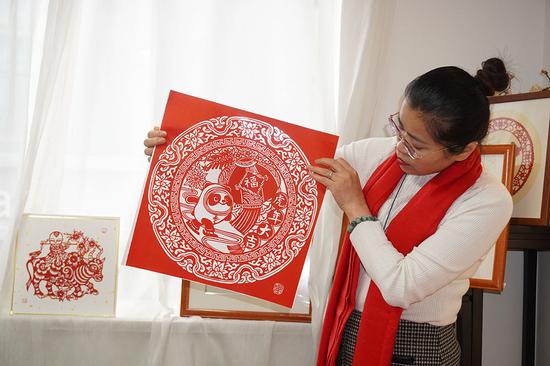
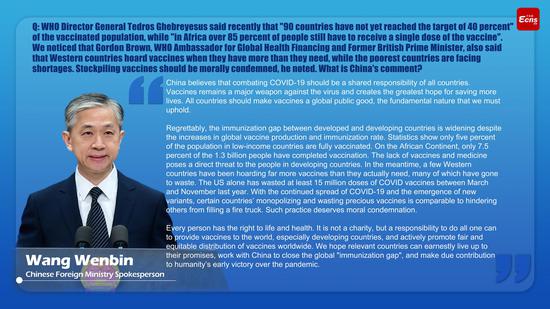
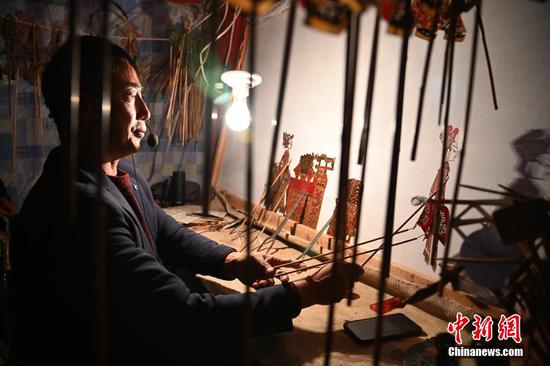





 京公网安备 11010202009201号
京公网安备 11010202009201号